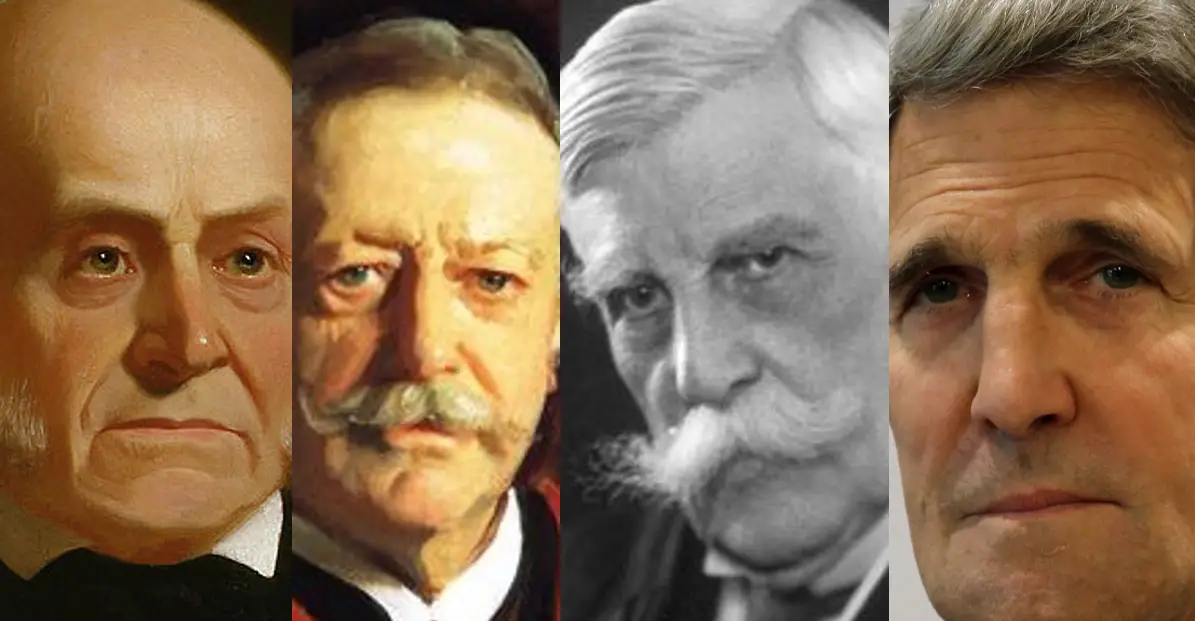The Boston Brahmin, a term coined by Oliver Wendell Holmes in 1861, refers to the elite group of families who dominated the social, economic, and cultural landscape of Boston, Massachusetts, from the 17th to the 20th centuries. This aristocratic class, known for their wealth, education, and refinement, played a significant role in shaping American history, culture, and identity. In this article, we will delve into the history of the Boston Brahmin, their values, and their lasting impact on American society.

History of the Boston Brahmin
The Boston Brahmin emerged in the early 17th century, when English colonists settled in Massachusetts. These early settlers, primarily from East Anglia, brought with them their cultural, economic, and social norms, which would lay the foundation for the Boston Brahmin. Over time, this group of families, including the Adams, Cabots, Lowells, and Welds, among others, accumulated wealth, power, and influence through trade, commerce, and politics.
The Boston Brahmin were characterized by their strong sense of tradition, family ties, and social responsibility. They valued education, arts, and culture, and many were involved in the establishment of prestigious institutions, such as Harvard University, the Boston Athenaeum, and the Museum of Fine Arts. Their philanthropic efforts and civic engagement helped shape the city’s infrastructure, parks, and cultural landscape.
Values and Characteristics
The Boston Brahmin were known for their distinctive values and characteristics, which set them apart from other social classes. Some of these traits include:
- Education: The Boston Brahmin placed a high value on education, and many were graduated from Harvard University, which was founded by their ancestors.
- Refinement: They cultivated an appreciation for the arts, literature, and music, and many were patrons of the arts.
- Social responsibility: The Boston Brahmin were committed to public service and philanthropy, contributing to the betterment of their community.
- Family ties: Family was paramount, and they maintained strong connections with their ancestors and relatives.
- Tradition: The Boston Brahmin were proud of their heritage and traditions, which they sought to preserve and pass down to future generations.
Influence on American Society
The Boston Brahmin had a profound impact on American society, extending beyond the confines of Boston. Some of their lasting influences include:
- Politics: Many Boston Brahmin were involved in politics, and several, such as John Adams and John Quincy Adams, held high-ranking government positions.
- Education: The Boston Brahmin played a significant role in the establishment of prestigious educational institutions, which helped shape American intellectual and cultural life.
- Arts and Culture: Their patronage of the arts and culture helped establish Boston as a hub for creative expression, paving the way for future generations of artists, writers, and musicians.
- Philanthropy: The Boston Brahmin’s commitment to philanthropy set a standard for charitable giving and community engagement, which continues to inspire Americans today.
- Social reform: Many Boston Brahmin were involved in social reform movements, such as abolition, women’s suffrage, and labor rights, contributing to the country’s progress toward greater equality and justice.
Challenges and Decline
As the 20th century progressed, the Boston Brahmin’s influence began to wane. Several factors contributed to their decline:
- World War I and the Great Depression: These global events weakened the Boston Brahmin’s economic and social foundations.
- Immigration and demographic change: The influx of new immigrant groups and the expansion of the middle class altered Boston’s social landscape, diluting the Brahmin’s dominant position.
- Cultural shifts: The rise of modernity and the decline of traditional values eroded the Boston Brahmin’s social and cultural authority.
FAQs
- Who were the Boston Brahmin?
The Boston Brahmin were a group of elite families who dominated the social, economic, and cultural landscape of Boston, Massachusetts, from the 17th to the 20th centuries. - What values did the Boston Brahmin hold dear?
The Boston Brahmin valued education, refinement, social responsibility, family ties, and tradition. - What was the Boston Brahmin’s impact on American society?
The Boston Brahmin had a profound influence on American politics, education, arts and culture, philanthropy, and social reform. - Why did the Boston Brahmin’s influence decline?
The Boston Brahmin’s influence waned due to world events, immigration, demographic change, and cultural shifts. - Are the Boston Brahmin still influential today?
While the Boston Brahmin are no longer the dominant force they once were, their legacy continues to shape American society, and many of their values and institutions remain relevant today.
Conclusion
The Boston Brahmin’s legacy is a complex and multifaceted one, marked by both notable achievements and significant challenges. Their influence on American society, though waning, continues to be felt in various aspects of our culture, politics, and social landscape. As we look to the future, it is essential to acknowledge the Boston Brahmin’s enduring impact and to learn from their values, such as education, social responsibility, and philanthropy. By doing so, we can work towards creating a more just, equitable, and refined society, one that honors the best traditions of the Boston Brahmin while embracing the diversity and complexity of modern America. Ultimately, the story of the Boston Brahmin serves as a reminder of the power of tradition, community, and individual agency in shaping our collective destiny.
Closure
Thus, we hope this article has provided valuable insights into The Enduring Legacy of the Boston Brahmin: Unpacking their Influence on American Society. We thank you for taking the time to read this article. See you in our next article!




